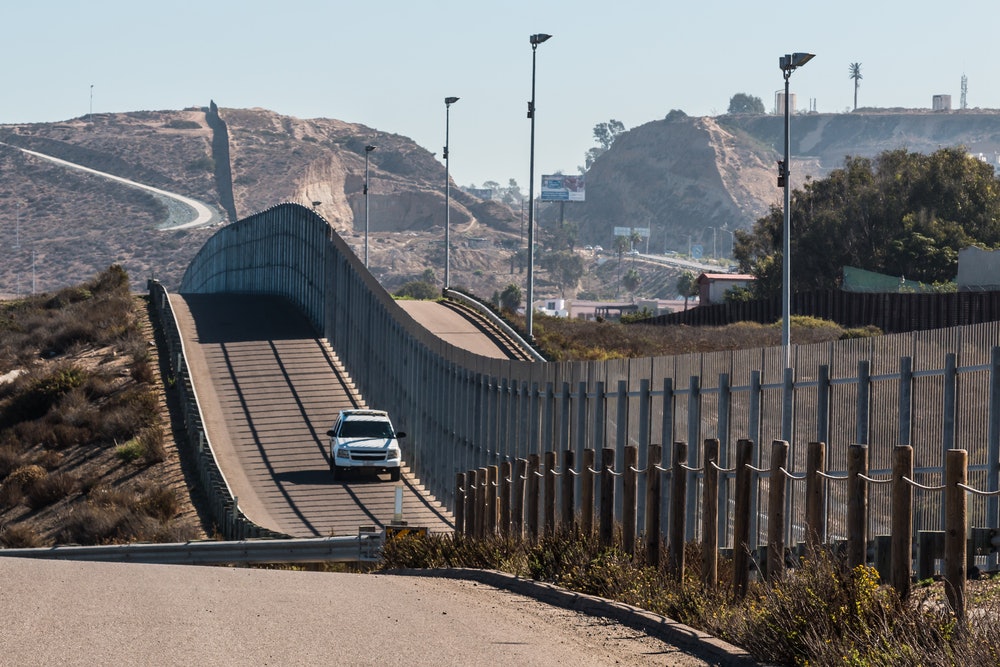Increased investment in the Northern Triangle nations of El Salvador, Guatemala, and Honduras is needed to improve economic outcomes and nurture an environment in which young people no longer feel the need to flee their homes in search of safety and employment.
Increased investment in the Northern Triangle nations of El Salvador, Guatemala, and Honduras is needed to improve economic outcomes and nurture an environment in which young people no longer feel the need to flee their homes in search of safety and employment. Both foreign aid and private sector investment are necessary – but private businesses may be reluctant to invest in the region due to a subpar investment environment, as measured by the George W. Bush Institute-SMU Economic Growth Initiative’s Global Competitiveness Scorecard.
The Global Competitiveness Scorecard’s Investment Environment indicator considers metrics such as ease of access to credit, corporate transparency requirements, investor protections, constraints on the flow of capital, and financial market stability. Since 2007, the Northern Triangle countries have shown improvement, rising from the 43rd percentile to the 49th percentile (on average). This improvement coincides with the implementation of the U.S.-Dominican Republic-Central America Free Trade Agreement (U.S.-DR-CAFTA), a trade agreement between the United States and six Central American and Caribbean nations – Costa Rica, the Dominican Republic, El Salvador, Guatemala, Honduras, and Nicaragua. Ratified by the United States in 2005, and by the Central American nations in the following years, the U.S.-DR-CAFTA eliminated tariffs and opened sectors that were previously closed to private investors.
Since the implementation of U.S.-DR-CAFTA, the value of inward foreign direct investment (FDI) stock in the participating countries (excluding the U.S.) has increased from $37 billion to $139 billion. As an additional benefit, regional financial institutions were expanded, and common banking standards and regulatory oversight were adopted. These initiatives attracted international banks to further develop the region’s capital markets.
Despite the U.S.-DR-CAFTA’s positive impact, there is still much room for improvement. All three Northern Triangle countries score at or below the global mean on the Scorecard investment indicator. The push factors that encourage Central Americans to leave their homes are often connected – gang violence and institutional instability undermine investor confidence. In turn, scarcity of capital makes it more difficult to start or grow a business in the region, limiting jobs and opportunities.
According to the World Bank (a Scorecard source), all three countries score near the bottom of the world on shareholder rights and corporate governance safeguards that protect against misuse of corporate assets by directors. In El Salvador, President Bukele’s recent actions to erase the checks and balances on his power have undermined rule of law, thereby jeopardizing existing and future investment from private entities and foreign agencies.
Despite worrisome trends, there is reason for hope. Targeted solutions for increasing investment in the region include linking U.S.-DR-CAFTA with other U.S. trade agreements, in particular North America’s free trade agreement—United States-Mexico-Canada Agreement), as well as other trade preferences. This policy tool would open new sources for components to manufacturers in Central America and Mexico that would count toward the threshold for duty-free access to the United States under USMCA. The result would be to reduce the cost of manufacturing in North America and to stimulate job creation in Central America, generating new opportunities for Central Americans to remain at home instead of emigrating to the United States.
According to one study, if just 5% of the investment currently in China producing for U.S. supply chains were to move to Central America, as many as a million jobs would be created in Central America. Furthermore, the potential for increased trade with the United States would incentivize the Central American business community to improve transparency and root out corruption. Cumulation offers a path to ease the Northern Triangle migrant crisis while making North and Central American manufacturing more competitive with manufacturing in other regions of the world.































